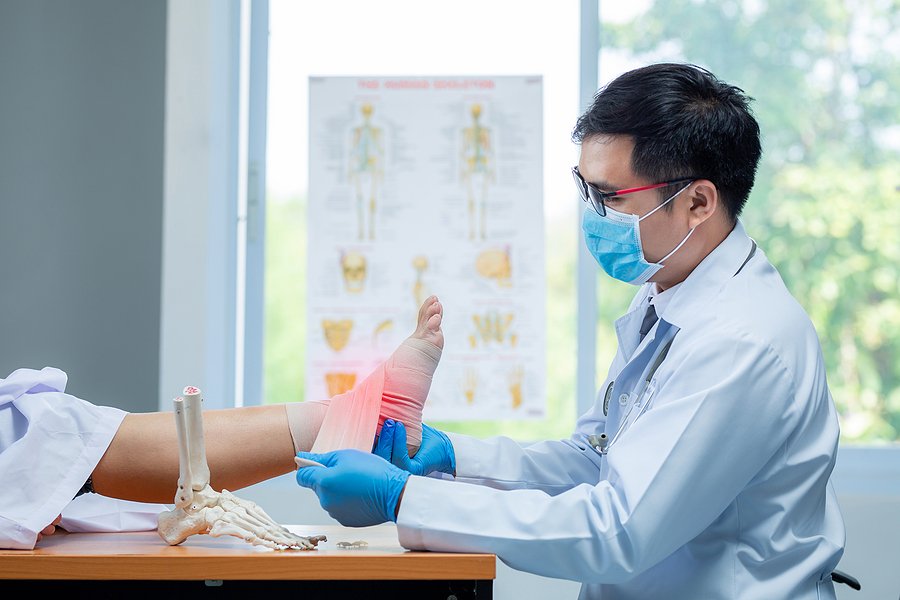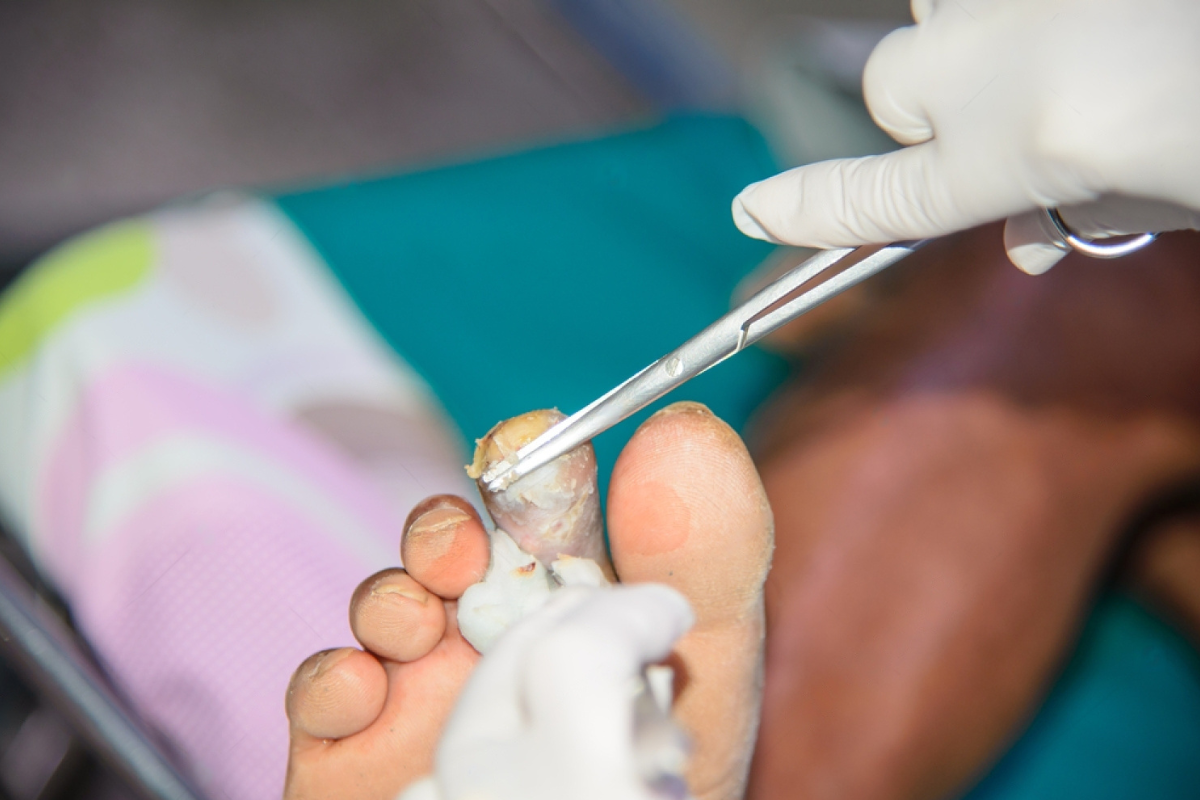What Is Cerebral Palsy?
Cerebral Palsy (CP) is a neurological disorder that affects movement, muscle tone, and posture. It occurs due to abnormal brain development or damage to the brain before, during, or shortly after birth. In the UK, awareness of cerebral palsy has grown significantly, helping families recognize the early signs and seek timely medical support. There are several types of cerebral palsy, including spastic, dyskinetic, ataxic, and mixed forms, each presenting unique challenges. Causes of CP vary and can include premature birth, low birth weight, infections during pregnancy, or complications during labor. Early diagnosis is crucial for managing symptoms and improving quality of life. Pediatricians and neurologists often use physical examinations, imaging tests, and developmental assessments to identify cerebral palsy in children.
Prevalence and Statistics in the UK
Cerebral palsy is one of the most common physical disabilities in childhood, affecting approximately 1 in every 400 children in the UK. Boys are slightly more likely to be affected than girls, although the difference is minimal. With advancements in neonatal care, more premature infants survive, which can slightly increase the incidence of CP. Diagnosis rates have remained fairly consistent over the past decade, with awareness campaigns helping parents and caregivers recognize early symptoms. CP affects not only children but can also continue into adulthood, requiring ongoing support and management. Geographic location can influence access to specialized healthcare services, with urban areas typically having more comprehensive resources. Understanding these statistics is essential for policymakers, educators, and healthcare professionals to ensure adequate support is available across the UK.
Medical Management and Treatment Options
Treatment for cerebral palsy in the UK focuses on improving mobility, independence, and overall quality of life. Physiotherapy is a core intervention, helping strengthen muscles, improve balance, and reduce spasticity. Occupational therapy supports children and adults in performing daily tasks, from self-care to school or work activities. Speech and language therapy can address difficulties with communication and swallowing. Medications such as muscle relaxants or anti-seizure drugs may be prescribed depending on symptoms. In some cases, surgical interventions like tendon lengthening or selective dorsal rhizotomy are recommended to improve mobility. Assistive devices, including wheelchairs, braces, and communication aids, play a significant role in enhancing independence. A multidisciplinary team approach is common in the UK, combining the expertise of doctors, therapists, nurses, and educators to provide personalized care.
Support Services for Families and Individuals
Families of individuals with cerebral palsy in the UK can access a wide range of support services. The National Health Service (NHS) provides essential medical care, therapies, and specialist referrals. Charities such as Scope, Cerebral Palsy Alliance UK, and local support groups offer emotional support, educational resources, and advocacy. Schools often provide individualized education plans (IEPs) to ensure children with CP receive the accommodations they need to succeed academically. Financial support is available through disability benefits, mobility allowances, and grants to cover therapy or equipment costs. Parent networks and online communities also offer a platform to share experiences, strategies, and practical advice. Accessing these services can significantly reduce the stress and challenges faced by families and caregivers.
Living with Cerebral Palsy in the UK
Daily life for individuals with cerebral palsy involves managing physical, emotional, and social challenges. Mobility limitations may require adaptive equipment, home modifications, or specialized transport. Mental health support is equally important, as coping with a lifelong condition can lead to anxiety or depression if left unaddressed. Community programs and recreational activities encourage social inclusion, promoting confidence and independence. Families often develop routines and strategies to help children and adults manage fatigue, muscle stiffness, or coordination difficulties. Education and employment opportunities tailored to individual abilities can enhance quality of life and social integration. Understanding and awareness in public spaces and workplaces also play a critical role in creating an inclusive environment for people with CP.
Research and Advancements in the UK
Ongoing research in the UK continues to improve understanding and management of cerebral palsy. Clinical trials investigate innovative therapies, advanced assistive devices, and improved surgical techniques. Studies on stem cell therapy, neuroplasticity, and robotics offer promising developments for motor function enhancement. Universities and research institutions collaborate with NHS hospitals to ensure the latest findings reach patients efficiently. Technological advancements, such as exoskeletons and AI-driven rehabilitation tools, provide new ways to support mobility and independence. Researchers also focus on long-term outcomes, mental health, and educational needs to offer comprehensive solutions. Continuous investment in research ensures that individuals with cerebral palsy have access to better care and a higher quality of life in the UK.
Raising Awareness and Advocacy
Raising awareness about cerebral palsy is vital for building understanding and support in communities. Advocacy efforts in the UK aim to improve access to healthcare, education, and employment opportunities for people with CP. Campaigns by charities and advocacy groups highlight the importance of early intervention and inclusive practices. Families and individuals often participate in awareness events to share experiences and educate the public. Government initiatives support policy changes that ensure accessibility and equal rights for people with disabilities. Educating teachers, employers, and service providers creates a more accommodating and empathetic environment. Increased awareness ultimately contributes to societal acceptance and improved outcomes for individuals with cerebral palsy.
Frequently Asked Questions (FAQ)
Can cerebral palsy be prevented?
Cerebral palsy cannot always be prevented, as it can result from factors beyond medical control, such as premature birth or genetic conditions. However, prenatal care, infection prevention during pregnancy, and proper management of birth complications can reduce certain risks.
How does the NHS support people with cerebral palsy?
The NHS provides medical assessments, therapies, specialist referrals, and access to assistive devices. Multidisciplinary teams coordinate care to ensure comprehensive support throughout a person’s life.
What educational resources are available for children with cerebral palsy in the UK?
Schools may offer individualized education plans, adapted learning materials, and access to therapy services. Special schools and inclusive programs are also available to support children’s academic and social development.
Are there employment opportunities tailored for individuals with cerebral palsy?
Yes, programs exist to help people with disabilities gain skills, access job placements, and secure workplace accommodations. Charities and government initiatives provide additional career support.
What are the latest treatments available in the UK?
Advancements include robotic-assisted physiotherapy, new surgical techniques, medications for spasticity management, and ongoing clinical trials exploring regenerative therapies and neuroplasticity-focused interventions.











